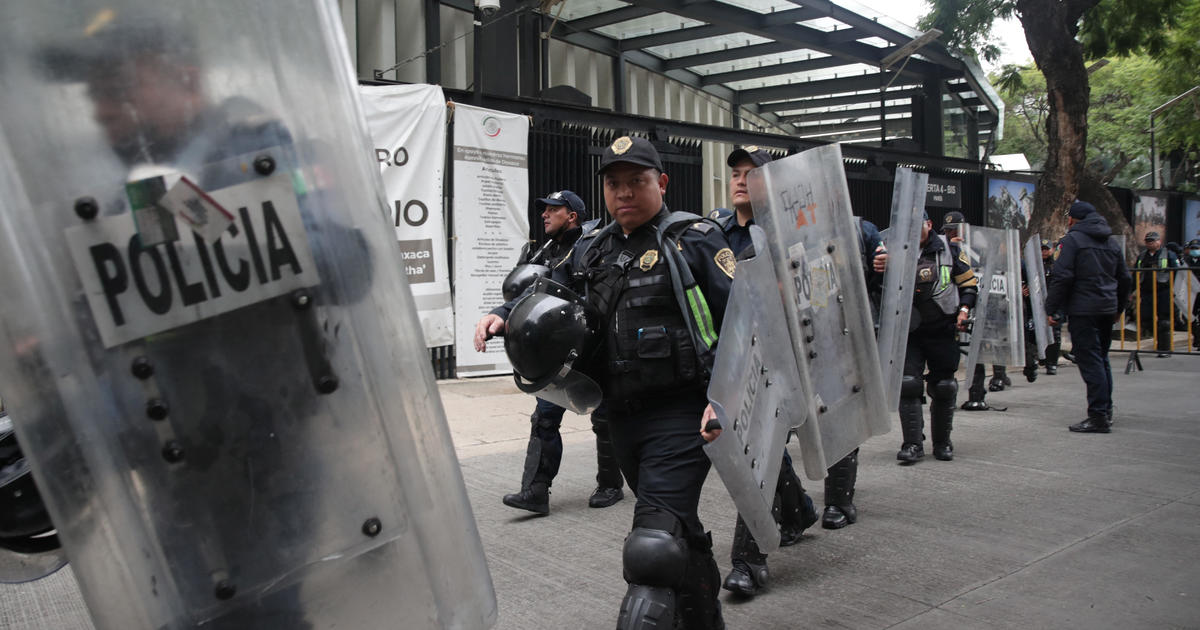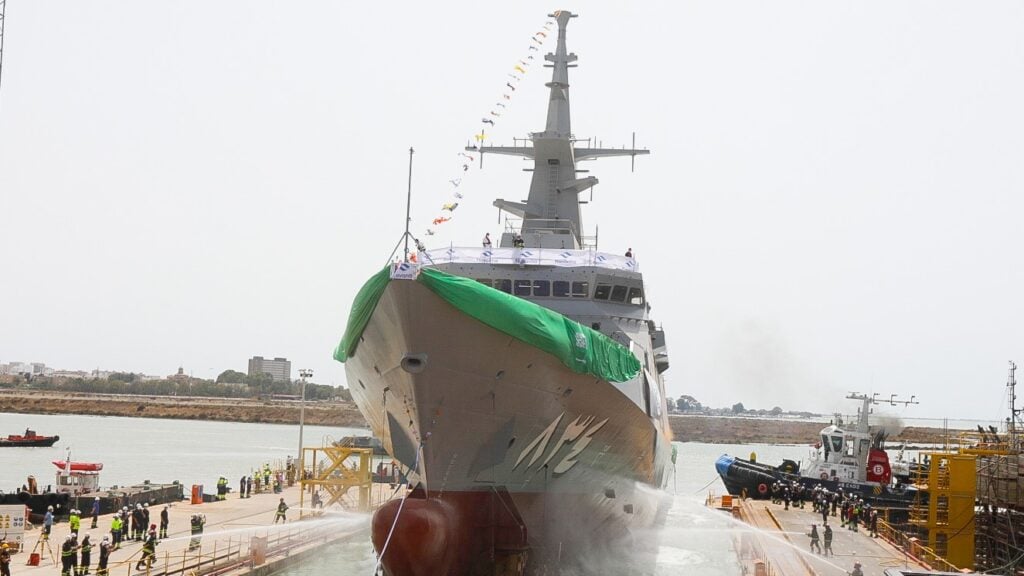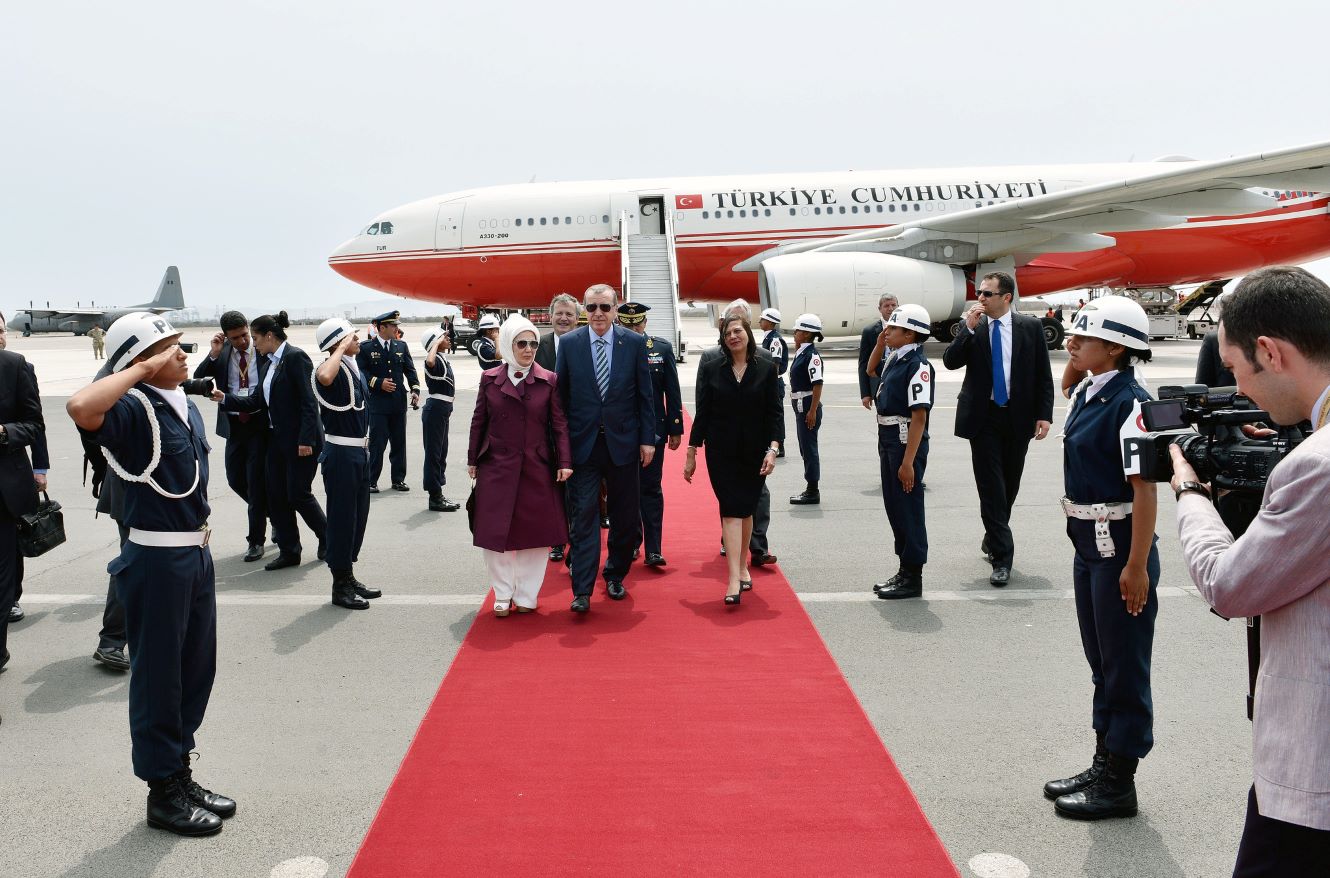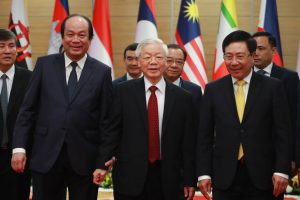(266) 08-20-2022-to-08-26-2022__****THE****WINDS****of****WAR****
 www.timebomb2000.com
www.timebomb2000.com
 www.timebomb2000.com
www.timebomb2000.com
 www.timebomb2000.com
www.timebomb2000.com
 www.timebomb2000.com
www.timebomb2000.com
 www.timebomb2000.com
www.timebomb2000.com
 www.timebomb2000.com
www.timebomb2000.com
+++++++++++++++++++++++++++++++++++++++++++++++++++++++++++++++
Posted for fair use......

 www.france24.com
www.france24.com
France, Britain and Germany on Saturday vented their frustration at Iran's demand in talks to revive its 2015 nuclear deal that the U.N. nuclear watchdog close a probe into uranium particles found at three sites, adding that it was jeopardising the talks.
Iran earlier this month sent its latest response to the European Union's proposed text to revive the agreement under which Tehran had restrained its nuclear programme in exchange for relief from U.S., EU and U.N. economic sanctions.
Diplomats have said Iran's response to the EU coordinator was a step backwards, with it seeking to link a revival of the deal with the closure of investigations by the International Atomic Energy Agency (IAEA) into the uranium traces.
"This latest demand raises serious doubts as to Iran's intentions and commitment to a successful outcome on the JCPoA," the three countries, known as the E3, said in a statement, referring to the deal's full name, the Joint Comprehensive Plan of Action.
"Iran's position contradicts its legally binding obligations and jeopardises prospects of restoring the JCPoA." Then-U.S. President Donald Trump abandoned the deal in 2018 and re-imposed U.S. sanctions, prompting Iran to start breaching the deal's nuclear curbs and reviving U.S., Arab and Israeli fears it may be seeking an atomic bomb. Iran denies having nuclear ambitions.
The IAEA's Board of Governors meet on Monday, three months after already adopting a resolution urging Iran to give credible answers to the watchdog.
The IAEA said on Wednesday Iran's stock of uranium enriched to up to 60%, close to weapons-grade, had grown to enough, if enriched further, for a nuclear bomb and that Tehran had still failed to explain the origin of the uranium particles.
"Given Iran’s failure to conclude the deal on the table, we will consult, alongside international partners, on how best to address Iran’s continued nuclear escalation and lack of cooperation with the IAEA regarding its NPT (non-proliferation.
(Reuters)
(267) 08-27-2022-to-09-02-2022__****THE****WINDS****of****WAR****
(268) 09-03-2022-to-09-09-2022__****THE****WINDS****of****WAR****
======================================================================
ALERT - RUSSIA INVADES UKRAINE - Consolidated Thread
From my reading it seems as if their supposedly massive "offensive" has made only very limited gains and has been stalled. It is expected to be rolled back shortly. Any army, even a weak one, can make limited gains by using the old German schwerpunkt ( heavy point) principal, where they employ...
WAR - Ukraine's Top General Doesn't Rule Out "Limited" Nuclear War
...there's probably no such thing, really. Fair use cited so on and so forth. https://www.zerohedge.com/geopolitical/ukraines-top-general-doesnt-rule-out-limited-nuclear-war Ukraine's Top General Doesn't Rule Out "Limited" Nuclear War by Tyler Durden Friday, Sep 09, 2022 - 06:55 AM...
WAR - CHINA THREATENS TO INVADE TAIWAN
Shouldn't Japan be circling back to broaching a change in their nuclear policy here purty quick. . .. Taiwan Military @TaiwanMilitary 7 Japan Coast Guard’s cutters patrolling in Taiwan Strait today, and China didn’t say a word. View...
WAR - Regional conflict brewing in the Mediterranean
OSINTdefender @sentdefender 2h There are Unconfirmed reports that Turkish Armored Units are being transported from the Turkish Mainland by Ferry to the Demilitarized Greek-Claimed Island of Imbros, this comes less than 24 hours since President Erdogan said a Turkish Attack on Greece could not...
ALERT - The Winds of War Blow in Korea and The Far East
https://twitter.com/Apex_WW Apex @Apex_WW Update: South Korea National Security Advisor: South Korea, U.S., Japan agree there will be no soft response in case of North Korea nuclear test "Should North Korea conduct its seventh nuclear test, our (SK, U.S., Japan) reaction will certainly be...
COMMUNISM - Tragedy of the Uyghurs in EastTurkistan - starving and jumping off buildings.
View: https://twitter.com/i/status/1568246238767910912 View: https://twitter.com/i/status/1568173431543185413
+++++++++++++++++++++++++++++++++++++++++++++++++++++++++++++++
Posted for fair use......

European powers express 'doubts' over Iran's commitment to nuclear deal
France, Britain and Germany on Saturday vented their frustration at Iran's demand in talks to revive its 2015 nuclear deal that the U.N. nuclear watchdog close a probe into uranium particles found at…
European powers express 'doubts' over Iran's commitment to nuclear deal
Issued on: 10/09/2022 - 16:20France, Britain and Germany on Saturday vented their frustration at Iran's demand in talks to revive its 2015 nuclear deal that the U.N. nuclear watchdog close a probe into uranium particles found at three sites, adding that it was jeopardising the talks.
Iran earlier this month sent its latest response to the European Union's proposed text to revive the agreement under which Tehran had restrained its nuclear programme in exchange for relief from U.S., EU and U.N. economic sanctions.
Diplomats have said Iran's response to the EU coordinator was a step backwards, with it seeking to link a revival of the deal with the closure of investigations by the International Atomic Energy Agency (IAEA) into the uranium traces.
"This latest demand raises serious doubts as to Iran's intentions and commitment to a successful outcome on the JCPoA," the three countries, known as the E3, said in a statement, referring to the deal's full name, the Joint Comprehensive Plan of Action.
"Iran's position contradicts its legally binding obligations and jeopardises prospects of restoring the JCPoA." Then-U.S. President Donald Trump abandoned the deal in 2018 and re-imposed U.S. sanctions, prompting Iran to start breaching the deal's nuclear curbs and reviving U.S., Arab and Israeli fears it may be seeking an atomic bomb. Iran denies having nuclear ambitions.
The IAEA's Board of Governors meet on Monday, three months after already adopting a resolution urging Iran to give credible answers to the watchdog.
The IAEA said on Wednesday Iran's stock of uranium enriched to up to 60%, close to weapons-grade, had grown to enough, if enriched further, for a nuclear bomb and that Tehran had still failed to explain the origin of the uranium particles.
"Given Iran’s failure to conclude the deal on the table, we will consult, alongside international partners, on how best to address Iran’s continued nuclear escalation and lack of cooperation with the IAEA regarding its NPT (non-proliferation.
(Reuters)








:quality(70)/cloudfront-us-east-1.images.arcpublishing.com/archetype/JU5PCP636JGIXOEAKT2NULJJWI.jpg)
:quality(70)/cloudfront-us-east-1.images.arcpublishing.com/archetype/77SDDEPS2VEGHJP5ESHODF3F6E.jpg)
:quality(70)/cloudfront-us-east-1.images.arcpublishing.com/archetype/RVPH2GP6RZDG5JYK3V6Q7EG3QE.jpg)
:quality(70)/cloudfront-us-east-1.images.arcpublishing.com/archetype/AYSNPYCMF5CQNPRAAZMU45FDYU.jpg)

/cloudfront-us-east-2.images.arcpublishing.com/reuters/I7BDNOSV2NJNFG22YX6XZH3RVY.jpg)

